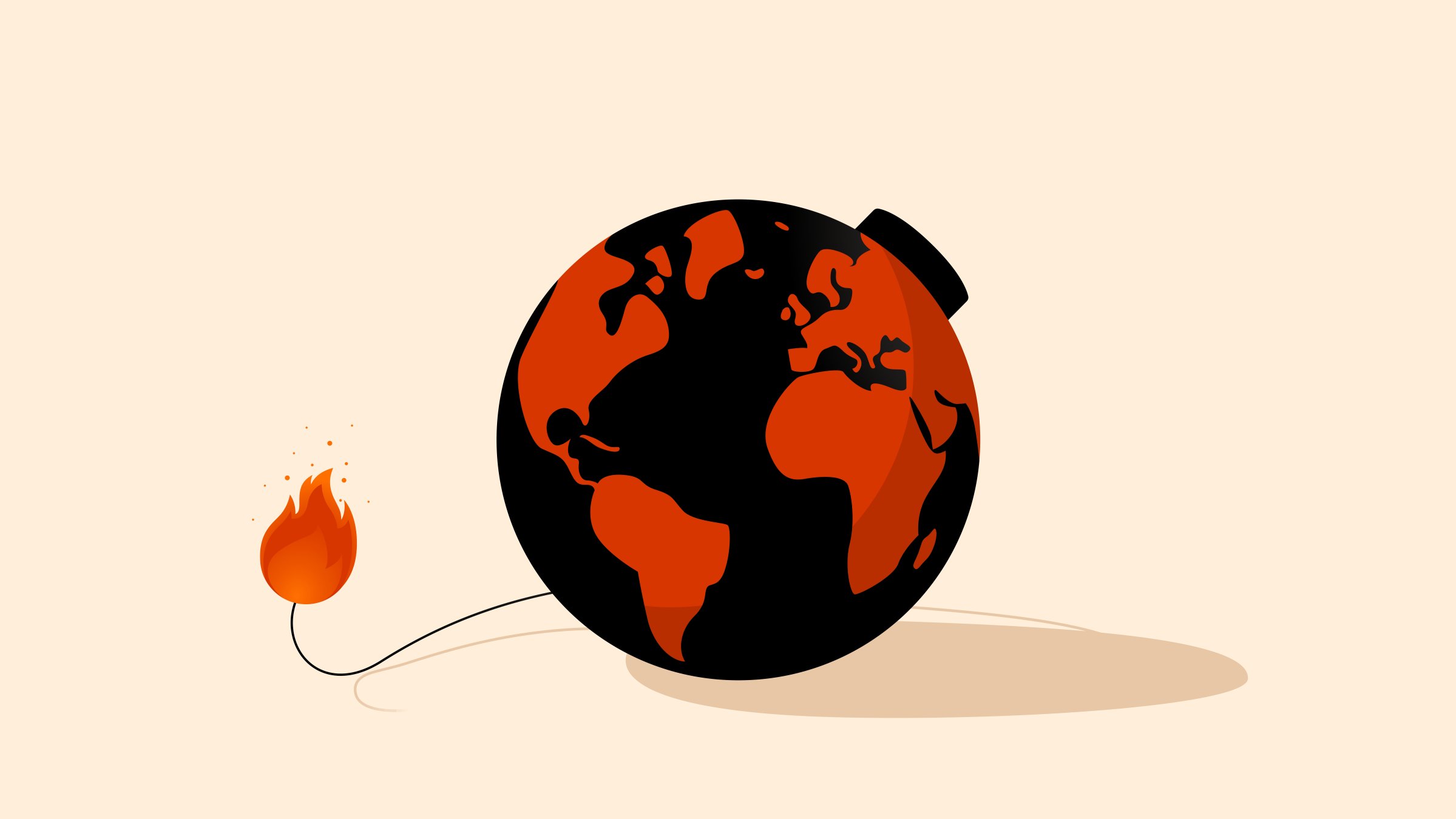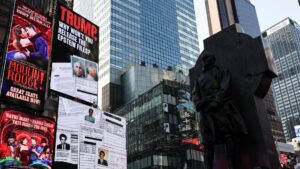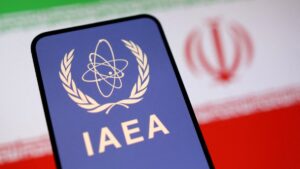Human civilization, judged by material achievements alone, appears to be at its zenith. Diseases that once decimated millions have been subdued. Today, the average person enjoys comforts unimaginable even a century ago. Over 8 billion people are sustained by intricate systems of production, logistics and health care. Homicide rates are historically low: as Steven Pinker notes in “The Better Angels of Our Nature,” interpersonal violence is at its lowest levels in recorded history.
We are now on the brink of defying nature’s most immutable law. Silicon Valley visionaries speak openly of extending life indefinitely. The aspiration to transcend death is no longer confined to science fiction.
But herein lies the paradox: just as we approach mastery over nature, the offshoots of that very mastery, climate catastrophe, demographic collapse and AI-enhanced weapons of mass destruction threaten our survival more gravely than ever.
Is climate change reversible?
From heat waves to floods and wildfires, ecological breakdown is now a fixed feature of the calendar year. July 2023 was the hottest month ever recorded. July 2024 surpassed it. And July 2025 was the third-warmest July ever recorded.
The Intergovernmental Panel on Climate Change (IPCC) now projects a 2.7 degrees Celsius (4.86 degrees Fahrenheit) rise by century’s end, a trajectory that could render vast regions uninhabitable.
Nature thrives on restraint and renewal. Modern civilization, however, is driven by extraction and expansion. While green technologies, solar panels, electric cars, may delay some consequences, they do not address the deeper pathology. To genuinely reverse climate change would require a civilizational transformation, one that our current economic system is neither designed for nor capable of enabling.
Can we abolish wars?
The idea of abolishing war is morally appealing, but historically naïve. Global military spending reached $2.44 trillion in 2023. At NATO’s 2025 summit, member states committed to spending 5% of GDP on defense by 2035. The United States alone spends $877 billion; China follows at $292 billion. This is less about defense and more about preserving global dominance.
More ominously, we have entered an era of unprecedented lethality. Hypersonic missiles, tactical nuclear weapons, and AI-guided launch protocols are now operational realities. In 2024, the Bulletin of the Atomic Scientists set the Doomsday Clock to 90 seconds to midnight, citing the real possibility of nuclear war sparked by miscalculation or escalation. As former U.N. disarmament chief Angela Kane warned, “We are sleepwalking into catastrophe.”
Yet, war cannot be abolished under the current order. It is structurally embedded in the very ideology and economics of modern civilization, especially the Enlightenment-derived system that legitimizes hegemony and suppresses alternatives. It allows no genuine dissent and suppresses all rival powers, civilizational, geopolitical or intellectual.
The nations that are most vocal about peace are also the world’s largest arms exporters. Permanent peace cannot emerge from this architecture. It would require dismantling the very system that profits from conflict – a task far beyond the political imagination of our time.
Can depopulation be reversed?
Across the developed world, populations are ageing and shrinking. Japan’s median age has surpassed 49. South Korea’s fertility rate is down to 0.72, the lowest ever recorded. China is in demographic freefall, now below replacement. Even India, long linked with overpopulation, has fallen to 1.9.
This is a global phenomenon. The U.S. rate is 1.58; Italy and Spain hover near 1.3. According to the U.N.’s 2024 Fertility Report, the global average is 2.24, with most countries now below replacement level.
This is not just a demographic shift; it marks a profound civilizational fracture. Human relationships have been commodified. Individualism has hollowed out the community. Economic pressures on women and the erosion of multigenerational homes have dismantled the social fabric once essential to family life.
Once a shared legacy, children are now seen as lifestyle costs. Tech fixes may delay collapse, but cannot replace love or meaning. This is not a crisis of innovation; it is one of lost purpose.
A civilization on edge
Climate change, non-ending wars and demographic decline are not isolated problems; they are interconnected symptoms of a single system in distress. Modern civilization is organized not around harmony, but around conquest. The Enlightenment gave us liberty and science, but also colonial empires, industrial capitalism and ecological estrangement. Today, that legacy persists through a techno-capitalist order that promises convenience and control, but at the cost of meaning and survival.
This system is not simply unsustainable; it is engineered for self-destruction. A civilization cannot endure if its survival requires accelerating its own extinction. Life may persist in some form. Animals returned to Chernobyl. Nature may recover after a nuclear winter. But the question is not whether life survives – it is whether this civilization, structured as it is, can.
We are not drifting toward collapse; we are already living through it. Climate tipping points are being crossed. Ever-burgeoning defense budgets are normalized. Wars, once extraordinary, are now ambient. Fertility decline is irreversible in many societies.
This is no cry of panic; it is a sober reckoning with reality.
We cannot defend Earth while militarizing it. We cannot restore nature while treating it as a resource mine. We cannot sustain society while eroding the relationships that make it human.
The line between transformation and collapse has never been thinner.
The ultimate outlook is bleak, not because we lack solutions, but because the problem is structural. Climate collapse, militarized geopolitics and demographic decline are not accidental; they are hardwired into the Enlightenment project that gave rise to industrialization, urbanization and the relentless pursuit of dominance. In the process, it severed our bond with nature, eroded inherited value systems, and depleted the civilizational spirit forged over millennia.
What began as a bold awakening now carries within it the imprint of exhaustion, ingrained in its very logic. The seeds of collapse were sown at the birth of modernity. Its death will be the long echo of that beginning.




















































Be First to Comment